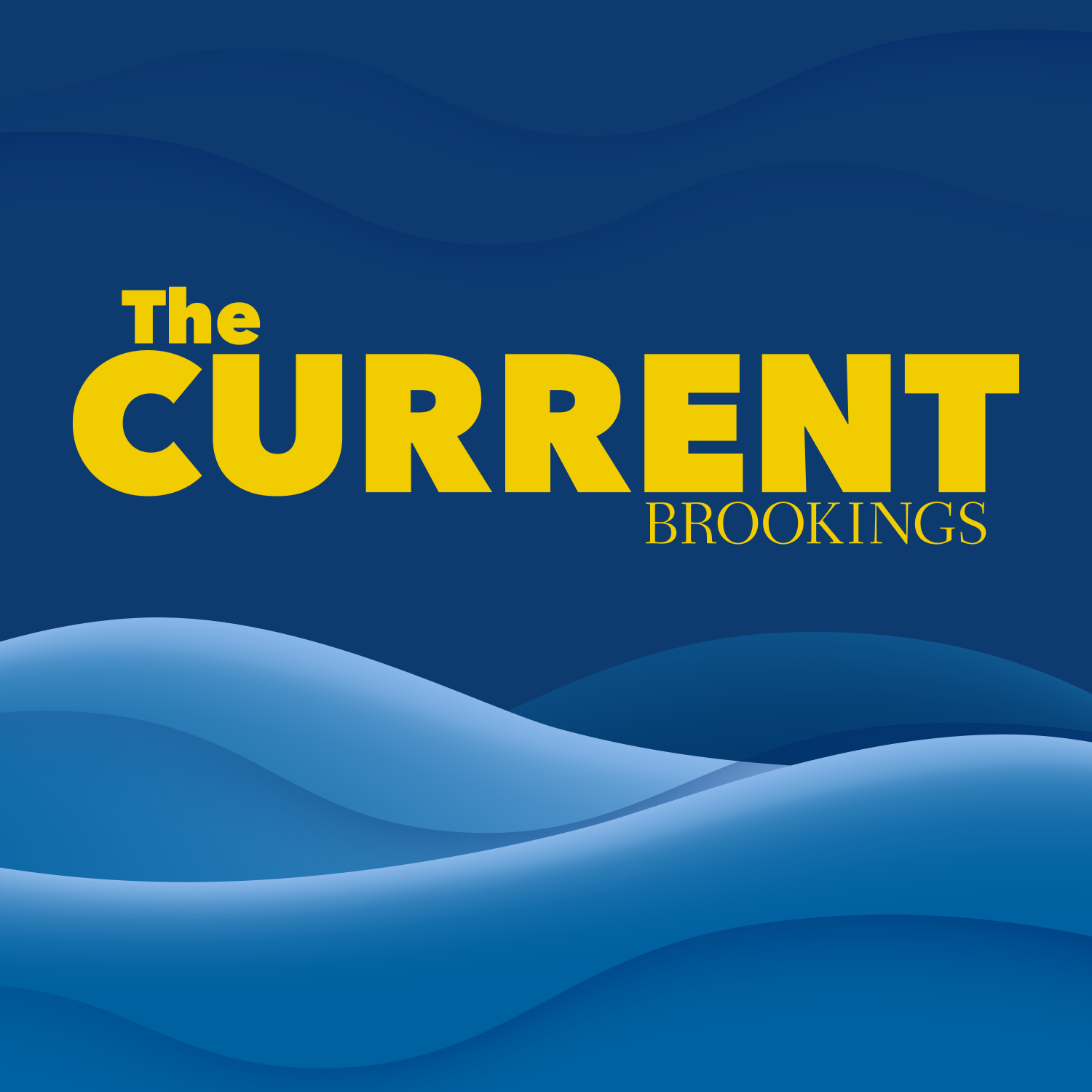This week, Saudi Arabia and its Gulf state allies ended their diplomatic and economic blockade against Qatar with little to show for it. Bruce Riedel explains why the Saudis may be rethinking some of their policies with the departure of President Trump, and how reconciliation amongst the Gulf states will affect the Biden administration’s regional goals, including restoration of a working relationship with Iran.
Related material:
Listen to Brookings podcasts here, on Apple or on Google podcasts, send email feedback to [email protected], and follow us at @policypodcasts on Twitter.
Thanks to audio producer Gaston Reboredo, Chris McKenna, Fred Dews, Marie Wilken, and Camilo Ramirez for their support.
The Brookings Institution is committed to quality, independence, and impact.
We are supported by a diverse array of funders. In line with our values and policies, each Brookings publication represents the sole views of its author(s).






Commentary
PodcastWhat does Saudi-Qatar reconciliation signal for the Biden administration?
January 6, 2021
Listen on
The Current Podcast